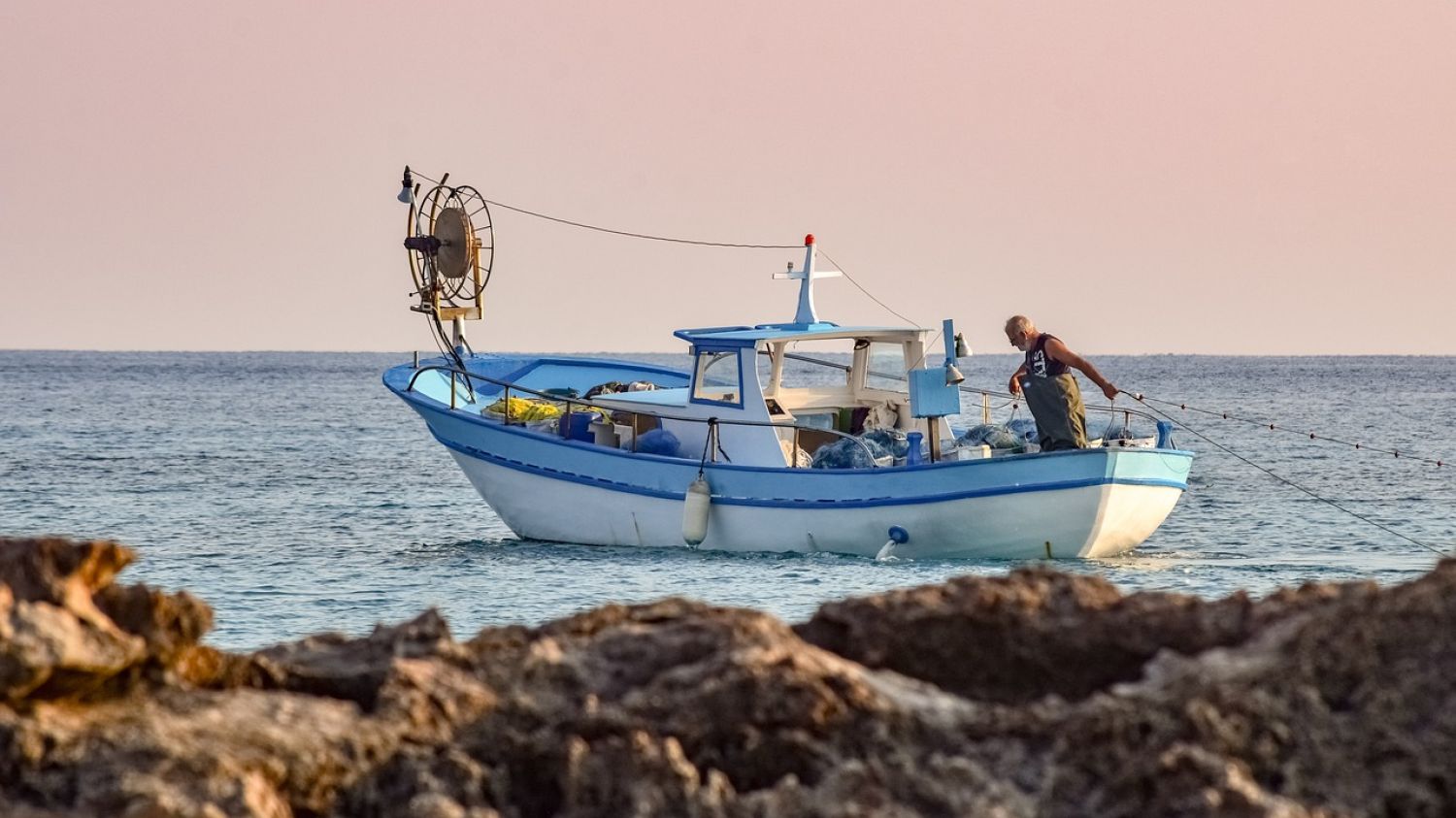Fishing is an ancient practice that has evolved over thousands of years, serving as both a necessity for survival and a beloved recreational activity. It involves the act of catching fish for food, sport, or both, and it can be done in a variety of environments—from oceans and rivers to lakes and ponds. Fishing offers a unique blend of relaxation, challenge, and connection with nature, making it a cherished pastime for millions around the world.
The Art of Angling
At its core, fishing is about more than just the catch; it’s an art form that combines skill, patience, and a touch of luck. Anglers typically use rods, reels, and bait or lures to attract fish. The choice of equipment can vary widely depending on the type of fishing being pursued. Freshwater fishing often involves simpler gear compared to the specialized equipment used in deep-sea fishing, where larger species like tuna or marlin are targeted.
Casting a line requires technique. The angler must consider factors such as water conditions, weather, and the behavior of the fish. Understanding the habits of different species is crucial; for instance, some fish are more active during twilight hours, while others prefer the cover of darkness. This knowledge can mean the difference between a day of success and one of frustration.
Types of Fishing
Fishing can be broadly categorized into several types, each with its distinct styles and techniques. Fly fishing, for example, uses lightweight flies to mimic insects on the water’s surface, requiring precision and finesse. This method is popular among anglers targeting species like trout and salmon in rivers and streams.
On the other hand, baitcasting is a technique where heavier lures or live bait are cast into the water. This method is versatile and can be used in both freshwater and saltwater environments. Ice fishing takes a unique approach, as anglers drill holes in frozen lakes, often using specialized equipment to keep warm while waiting for a bite.
Another exciting avenue is deep-sea fishing, which offers the thrill of battling larger fish species far from shore. This requires sturdier gear and a boat capable of navigating ocean waters. For many, the adrenaline rush of reeling in a big catch is an unforgettable experience.
The Environmental Aspect
Fishing also has significant implications for the environment. Sustainable fishing practices are essential to ensure that fish populations remain healthy and ecosystems intact. Overfishing has led to declines in many species, prompting regulations and guidelines to manage fish stocks responsibly. Catch-and-release methods are increasingly popular, allowing anglers to enjoy the sport while contributing to conservation efforts.
Educating oneself about local regulations and fish species is vital for responsible fishing. Many regions have specific guidelines regarding size limits, seasonal restrictions, and protected species. By adhering to these rules, anglers can help maintain the delicate balance of aquatic ecosystems.
Fishing as a Community
Beyond the technical aspects, fishing fosters a sense of community among enthusiasts. Many people cherish the camaraderie that comes with sharing fishing trips with family and friends. Whether it’s a quiet day on the lake or a competitive tournament, these experiences strengthen bonds and create lasting memories.
Fishing also serves as a gateway to nature for many. It encourages individuals to explore different landscapes and appreciate the beauty of the outdoors. A day spent by the water can provide a welcome escape from the hustle and bustle of daily life, offering a chance to unwind and connect with the environment.
A Lasting Legacy
Fishing is more than just a hobby; it’s a tradition passed down through generations. Many families have their own fishing tales and techniques, creating a rich tapestry of experiences. As society continues to evolve, fishing remains a timeless activity, bringing joy and fulfillment to those who partake in it.
In summary, fishing encompasses a world of excitement, skill, and respect for nature. It invites individuals to engage with the environment, learn about aquatic life, and enjoy the thrill of the catch. As it continues to adapt to modern challenges, the essence of fishing endures, ensuring its place in human culture for years to come.
